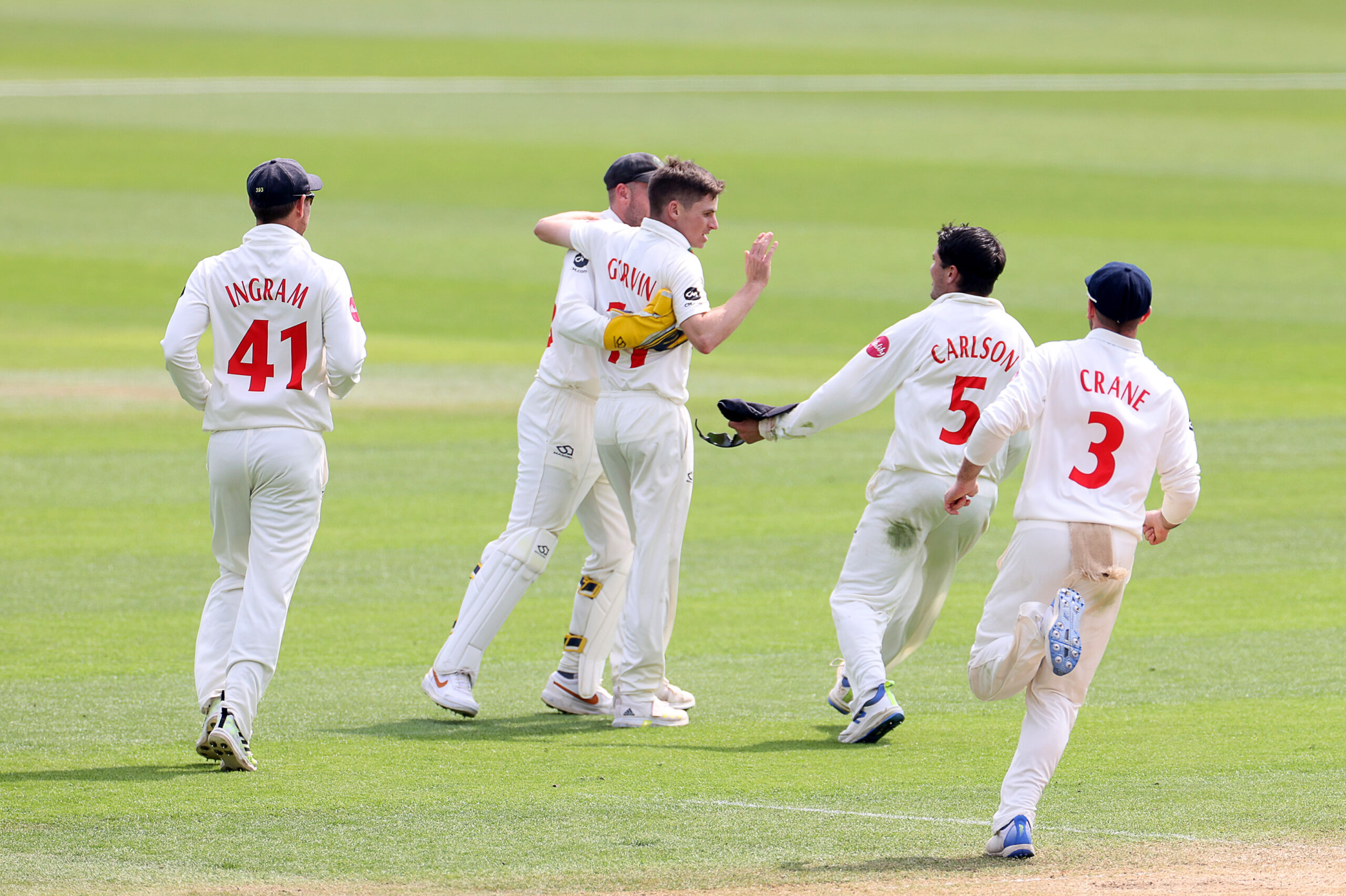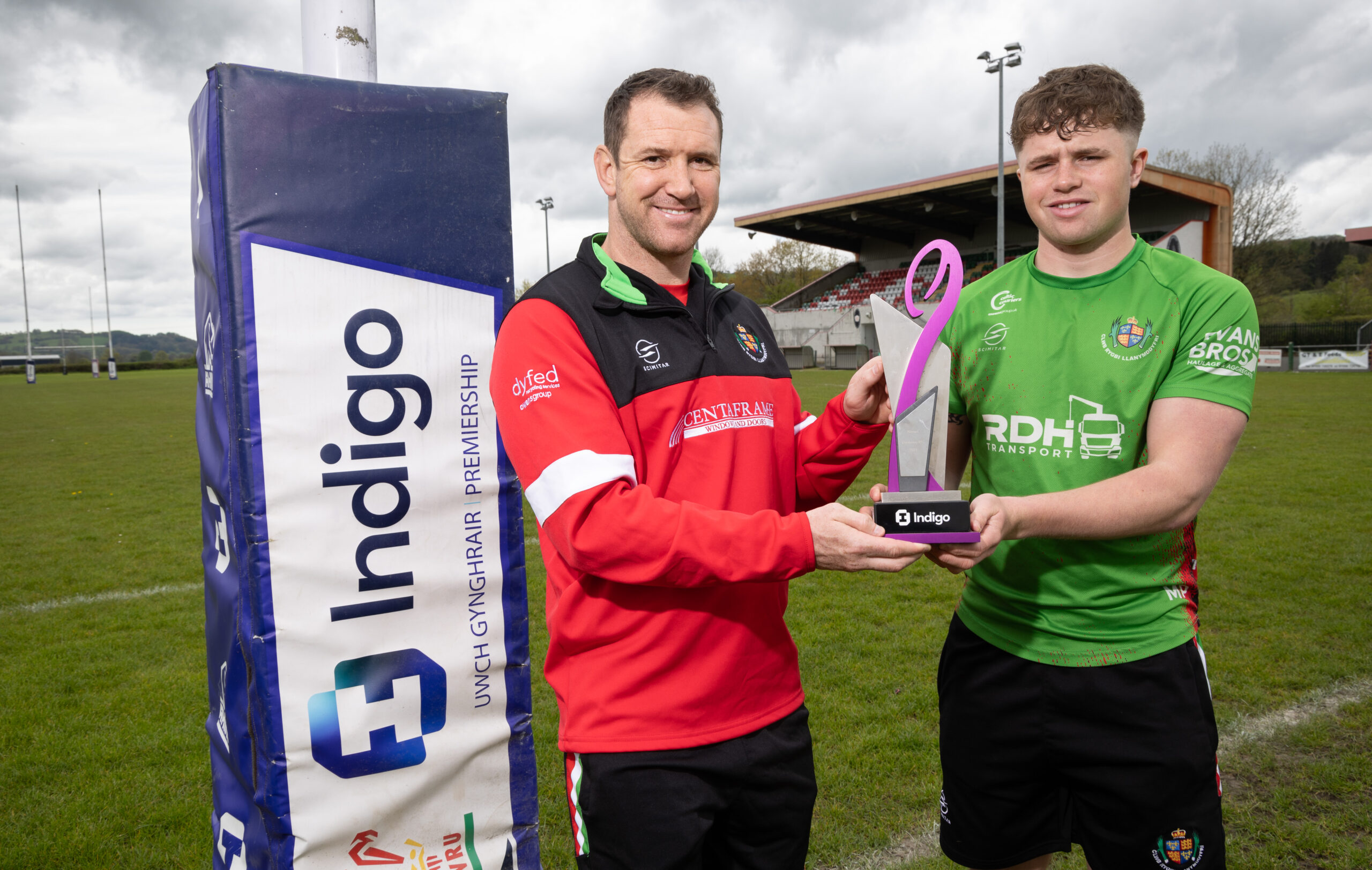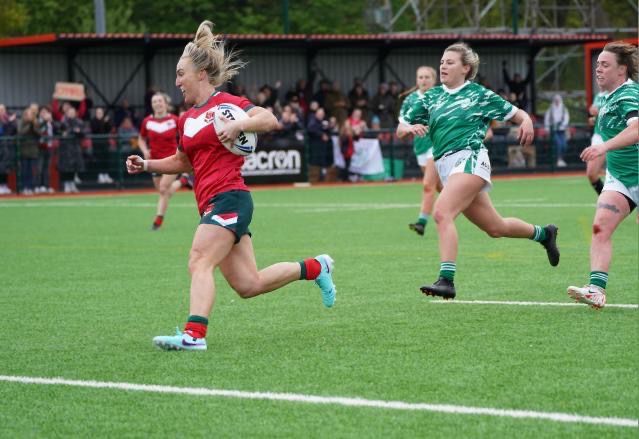FEATURE STORY: Captain’s Take…
Six Nations Review with Wales’ record cap holder and former Lions captain…Alun Wyn Jones.
When Wales lost to France, no matter which ex-pro you talked to, everyone was emphasising two things…the gainline battle and physicality.
The adage that rugby is a game for all shapes and sizes, seemed to be a relic of the past with pundits queuing up to say how international rugby is won and lost on the gainline.
While Wales’ record cap holder agrees on its importance, he feels that barging your way through isn’t the only way.
“The gainline is like anything in life, you can’t look back you have to look forward,” says the former Wales and British and Irish Lions captain.
“Back when I was playing, it was play harder not smarter, now, with different rule changes, I think it’s the opposite, there’s more room for clever play.
“Growing people physically takes time, but it’s not always about growing size, it’s about having a clear pattern or shape to the style of your attack.
“Look at the World Cup at some of the tier two nations. Portugal played some of the best rugby in that tournament, they didn’t have the biggest team, but they found a way to play some really nice rugby.”
The day after Wales’ loss to Italy, which consigned them to a first wooden spoon since 2003, Warren Gatland admitted that with hindsight, he might have asked his young charges to be more direct, rather than developing their game and trying to be expansive.
Wales did show how that expansive style can work, the second half against Scotland, and the first against France prime examples.
For Jones, it’s important that Wales learn to have more strings to their bow.
“I think Wales definitely have the players to play a more expansive type of game, but it takes time,” says Jones.
“I think talk of style of play sometimes forgets to mention that you need to have multiple styles, it’s dangerous when you solely hang your hat on one.
“You look at the great South Africa, New Zealand and Australia teams, they could always play in different ways to find a way to beat you if one style didn’t work.”
While the cold hard facts of five losses cannot be overstated, it’s important to remember that this is still a young group.
When Wales’ squad was announced, they had an average age of 25, Ireland the eventual winners were three years older. After several years of the Welsh rugby team being a who’s who of Northern Hemisphere rugby, many casual fans were simply asking ‘Who?’
However, several of those youngsters shone, with Jones keen to praise Wales’ young back three players and their new captain in particular.
“I think Wales exceeded expectations in the first two games with young guys surprising people,” said Jones.
“I thought Rio Dyer, showed good continuity from his performances at the World Cup while Cameron Winnett carried his domestic form straight into the international shirt.
“I also thought it was good to see Mackenzie Martin having a run, though he’d be disappointed not to have more time in the saddle, and I also thought Owen Watkin performed well, even though it was a fleeting Six Nations for him.
“Also, Dafydd Jenkins showed ability to be able to play in the middle four and cut his teeth with the armband, he’s captained Exeter as well and he’ll grow as a leader, but I thought he came away with huge credit and showed good leadership qualities.”
Wales’ most experienced player in the Six Nations, George North, made the decision aged 31, to retire after the final game against Italy, after 121 caps, third in the record books for Wales behind Gethin Jenkins and Jones.
“He’s been one of the best athletes I’ve played with, the only thing which surpasses his playing ability is the person he is,” says Jones.
“As a person he’s the original man child, he was so young coming into that squad, no disrespect to anyone else but he was just physically more developed than everyone.
“Always smiling, but more than that he was always on the end of the phone and if he could help you out he would, he’d be disappointed with the way it with the result and injury, but hopefully he comes to realise it’s more important to be able to go out on your own terms.”
Seeing North being helped off was a sad end to the Six Nations for Wales, combined with the result of a second successive home loss to the Azzurri.
In contrast to Italy’s shock win at the Principality Stadium two years ago, their win this year was just a continuation of their good form, following a draw against France and a home victory over Scotland.
“I was surprised when Italy said they weren’t going to extend Kieran Crowley’s contract beyond the World Cup,” says Jones.
“Why would you do it when the succession plan with the under 20s and Benetton were improving? Then they had a poor World Cup, but since Gonzalo Quesada has come in, they’ve performed really well.
“A few years ago, there was a furore around Georgia coming into the Six Nations but now Italy should have had their joint highest ever finish were it not for that penalty hitting the post against France.
“They’re on a run of form now, the hard thing for now is it’s arguably the greatest expectation they’ve had for almost 20 years, so they need to continue that.”
While Italy will be looking to continue their momentum up the rankings, now in eighth, two places above Wales, the Welsh young guns will be hoping to turn things around.
If they need any inspiration, they should look no further than Jones, who won two of his first 11 games before being part of the Wales team which was knocked out of the 2007 World Cup to Fiji.
The following year he was part of the side which won the Grand Slam.
“I’ve been through some sticky situations myself in my playing career, but they can be proud of the effort,” says Jones.
“I think Wales need to stay the course, the results aren’t there, this team is young enough and has the quality to turn things round but there needs to be a transparent review of what happened.
“Hopefully the fans can stay positive going forward for when the next generation come through and the injured players come back.
“It will be positive again, the only question and issue is going to be the time frame.”








